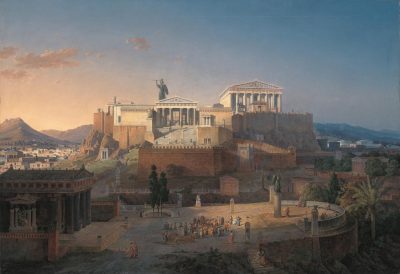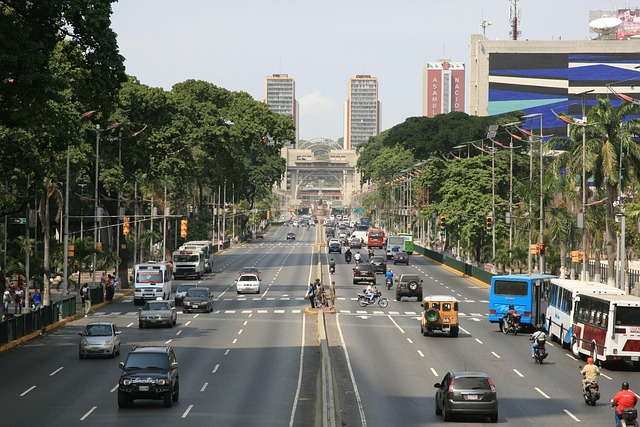
Our political currents are basically made up of three driving forces, and they are all important and worthy of consideration. I want to issue a warning in advance, this may be an article that punctures the occasional hardline political position, or at least softens it. f you want to keep your old, safe set of views, stop reading here.
The state is the enemy
– The fear that the state and the church will restrict freedom
This was the driving force of the original (classical) liberalism. They wanted to win freedom by limiting the power of the king, introducing parliamentarism and thus also limiting the power of the church through the introduction of free churches and religious freedom. Their ideas were not really new, they were inspired by the ancient Greeks and Romans, and the Northern European tradition of free land-owning peasants, the magistracy and an egalitarian view of human nature. Therefore, their ideas can be seen as a restorer, in an era characterised by hereditary autocracy, privilege society, powdered wigs and decadence.
The liberals and their thirst for freedom soon unleashed the forces of the market. Manufactures, industries, banks, shipyards, railways were built and cities grew like crazy. Many people were much better off, and there were class divisions between those at the top and bottom of the ladder. Well, the class divisions probably didn’t arise, they had always existed, but we can say that they became more obvious in a world that actually promised equality and rights, but couldn’t really fulfil its promise. At least, it didn’t happen as quickly as many wanted.
The classical liberals also created the world’s first global corporation, the British East India Company, which in its heyday had its own navy, army, and contributed a fair share to the global economy. Over time, even more huge global companies would be born. They were so big that they could influence nations and their policies. They became states within a state, and soon their power would be seriously challenged.
Big business is the enemy
– The fear that big business and capitalism will restrict freedom
Socialists seek change, and sometimes revolution against the state, but their real enemy is global capital. They believe there will be no justice until big business is broken up and distributed to the people. Then there are different variants of socialism, Marx was just one in the crowd but had the greatest impact, and his ideas have been interpreted and applied to a number of different countries and their states, but the common denominator is that it went very badly.
Socialism was not as successful as classical liberalism, at least not in terms of creating wealth and prosperity. It did, however, create equality in the sense that everyone was equally bad off. And we can laugh about this, but the drive for justice and equality can take strange forms.
The classical liberals didn’t want to hear about the socialists’ fear of big business; they thought the market would solve everything. They were probably both wrong: the market cannot solve the problem of big business, nor can the problem be solved by socialist methodology.
Change is the enemy
– The fear of losing old customs, practices and knowledge
Throughout the journey, there were people who did not want to go either way, their driving force was to keep society as it was, or introduce moderate and reasonable changes that would be implemented slowly and organically. They didn’t want to lose their roots or lose themselves. We call them conservatives.
We see the progressive locomotives of the liberals and socialists chugging through the pastoral landscape, and there are people who keep wanting to stop and get off. Here but no further! Along the track there are people who have got off at different stops. First the Royalists got off, then the Republicans. In the end, the Liberals got off too, and the Socialists too. They are scattered all over the railway; they are now all called conservatives, but their views vary depending on when they got off.
Left on the train today are left-wing liberals and neo-socialists, who flirt with woke ideology, identity politics and climate anxiety. The ideas of justice and equality have been eroded and turned into a caricature. When all groups have achieved equality before the law, they create new subgroups, or create new imagined injustices. The train has also been switched to a new track and is heading into a long dark tunnel. No one knows where they are going.
The impossible equation of the three fears
We should take these fears seriously. We all know that the state can be dangerous and abusive. The state holds the rule of law and the monopoly on violence, and has bailiffs, police and armies at its disposal. Yet we vote to raise taxes and increase state powers year after year. What happens when the wrong party takes power?
The same is true of big business, which, through lobbying and donations, is happy to call the shots in world politics. For big business, it is even easier to have the state as a customer, paying with tax money in a lump sum, than to have thousands of small customers paying out of their own pockets. Therefore, large companies often embrace a socialist methodology, and they benefit from a monopoly position, as well as regulations and restrictions against competitors and newcomers. Big business seems moderately interested in the free market.
And although it stings a lot, we have to agree with the socialists on the issue of big business. Just as we should restrict the state, we must also restrict big business; it cannot grow up to be blue whales and exercise power over our heads. The question is how do we limit big business in a sensible way? Because even if the socialists are right on substance, their methodology is woeful. They have no effective tools in the box. Nationalising companies and breaking them up is theft. Coercing them in other ways also flies in the face of free enterprise. Some argue that in a truly free market, companies would not be able to grow so big. That, in itself, sounds more like a fantasy, designed to bring peace of mind to someone who does not want to change their ideological position.
As for the fears of conservatives, we should agree with them, we must always respect and evaluate the wisdom of the past. We cannot rush in blindly, tearing down everything we have and building something new, which we then deeply regret. We owe it to our ancestors who painstakingly built our civilisation.
The three fears all represent real dangers, they should all be taken seriously regardless of our ideological affiliation. They are in some ways impossible to resolve in concrete terms, but we must balance them and take them into account, because if we do not understand them, we do not understand politics, our political opponents, and we may not understand the basis of our own position either.







